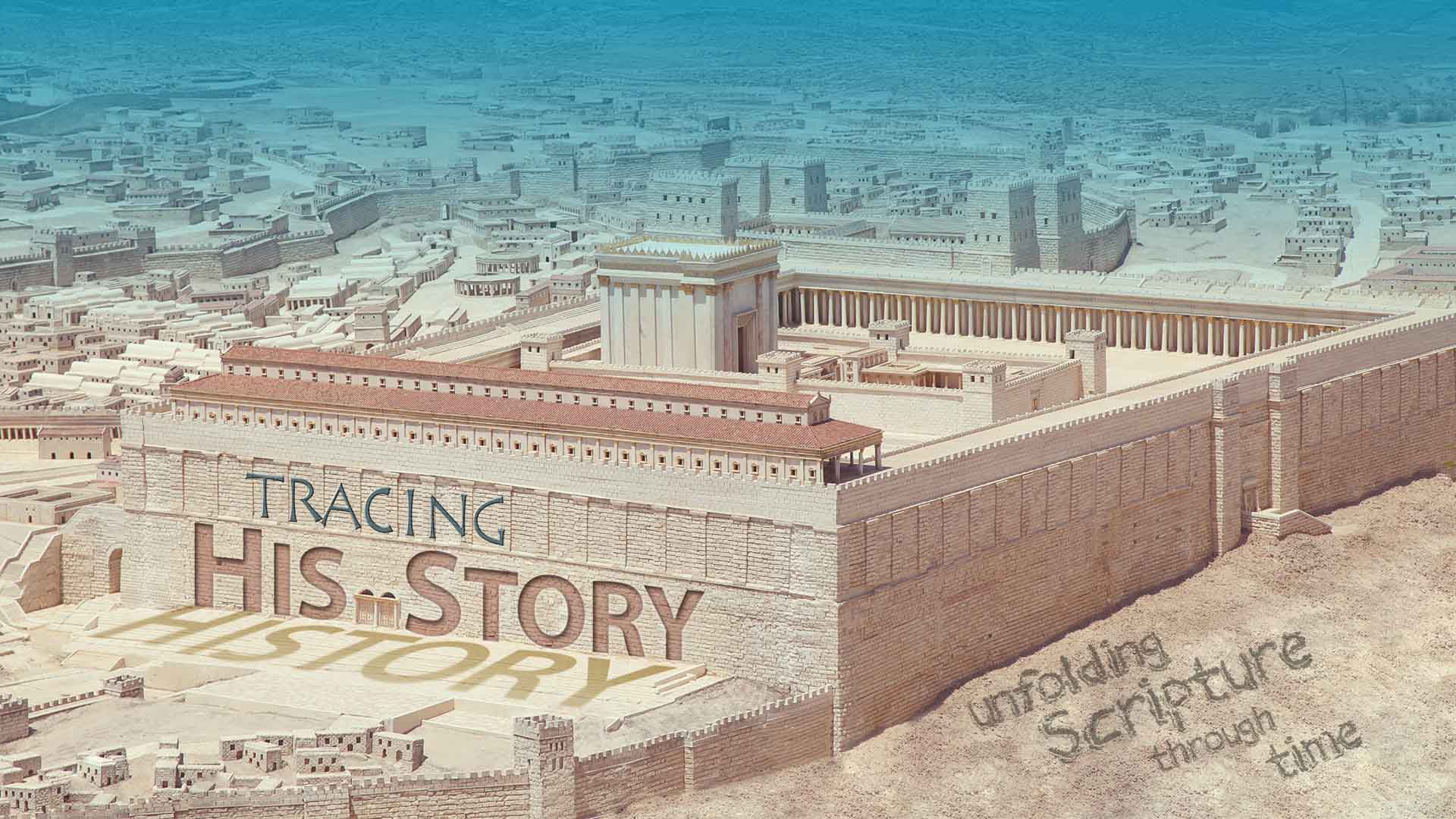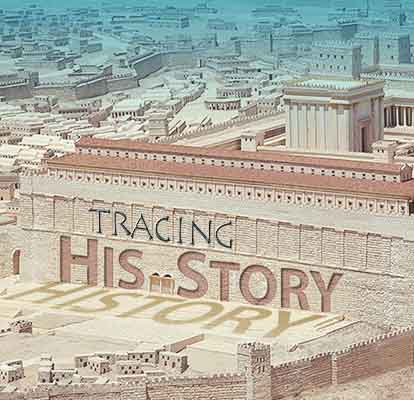


Epoch 7
The Silence:
from the Old Testament to the New
332 to 3 BC
The people walking in darkness have seen a great light; on those living in the land of deep darkness a light has dawned.
Isaiah 9:2
Epoch 7 of Tracing His Story takes us into the shadows between the Old and New Testaments—an era often referred to as the "silent years." Yet these centuries were anything but silent. Though God's prophetic voice paused, His hand was at work behind the scenes, shaping a world prepared for the coming of Christ.
This period, known to Christians as the Intertestamental Period and to others as the Second Temple era, spans roughly 430 years. It begins after Malachi's final prophetic call for covenant faithfulness and ends with the voice of one calling in the wilderness—John the Baptist. While no new Scripture was written during this time, history thundered forward. Empires rose and fell. The Persian rule gave way to Greek domination through Alexander the Great, and eventually Rome spread its influence across Judea.
In these years, Israel remained under foreign rule—first the Persians, then the Greeks, and ultimately the Romans. Alexander's sweeping victories brought Hellenistic culture and language to the land. The Greek language became so widespread that the Hebrew Scriptures were translated into Greek, resulting in the Septuagint—the very Scriptures quoted often by Jesus and the apostles.
Amid shifting powers, Israel became a pawn in larger global struggles. Greek rule fractured, and Judea became the battleground between the Seleucid and Ptolemaic empires. Under Antiochus IV Epiphanes, the Jewish people faced brutal oppression. He desecrated the temple, outlawed Jewish practices, and forced pagan rituals upon God's people. His cruelty sparked the Maccabean Revolt—an uprising led by Judas Maccabeus, "the hammer," which briefly restored Jewish independence and the temple's sanctity.
This victory was commemorated in the celebration of Hanukkah, marking the rededication of the temple. Yet independence proved fragile. By 63 BC, the Roman general Pompey had entered Jerusalem, and Israel once again found itself under foreign domination.
Politically marginalized but spiritually resilient, the Jewish people awaited a Messiah. With no king on David's throne and no prophet to speak for God, leadership fell to the high priests. Over time, the priesthood became increasingly corrupt and politicized. The temple remained central, but true spiritual hunger persisted.
It is during this silence that synagogues began to rise as places of teaching and community. Various Jewish sects emerged—Pharisees, Sadducees, Essenes—each interpreting Scripture and Messianic hope in different ways. Meanwhile, faithful Israelites clung to God's promises, trusting in the Scriptures and awaiting redemption.
Though the heavens seemed still, God's plan never faltered. As the prophet Isaiah foretold, a light was coming. The longing intensified. The stage was set. The law had done its work, and hearts yearned for grace. The intertestamental years remind us that even when God appears quiet, He is still sovereign.
This epoch ends not with despair, but with expectancy. Into this darkness would come the Word made flesh. Epoch 7 invites us to peer through the centuries and see the hand of God preparing the world for the arrival of His Son. Dive in to discover how silence, struggle, and sovereignty shaped the story of salvation—and why this waiting period still speaks powerfully to our own seasons of longing.





